Pep talk - May 2025
UK Stem Cell Network meeting abstract submission open and new website launched!
Qkine have been thrilled to sponsor the development of a website for the newly re-invigorated UK Stem Cell Network - a network of networks!
Visit the site UK Stem Cell Network
The original UK National Stem Cell Network provided a focal point for the community and particularly supported early career stem cell researchers (ECRs) by providing opportunities to network and engage with stakeholders and leaders in the field at events close to home.
UK Stem Cell Network 25, aims to canvass the community and seek a mandate to reform this vital network, reconnecting a community to help retain the UK competitiveness in our field for the benefit of the UK society and economy.
The date is set for their inaugural meeting 16th-17th September 2025 in Manchester, UK.
Register now to secure your place
Abstract submission is open here. Deadline for abstract submissions is 30th June 2025.
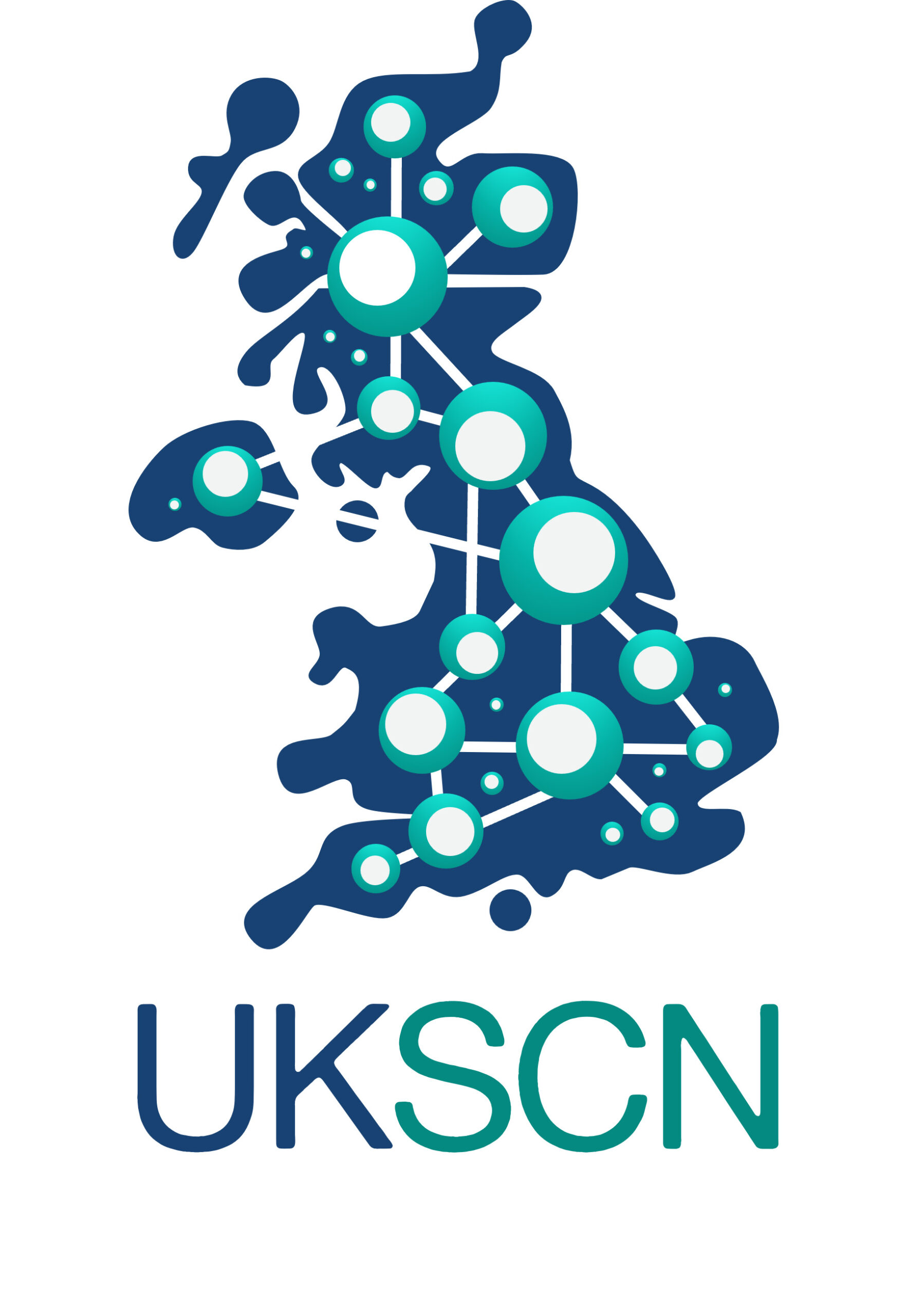
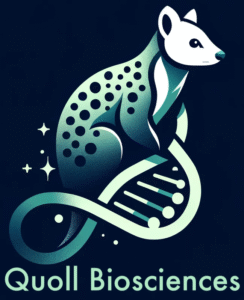
Introducing Quoll Biosciences – Qkine’s New Partner in Oceania
Qkine are pleased to announce a new partnership with Quoll Biosciences, a specialist scientific distributor based in Sydney, Australia. Quoll will distribute Qkine's high quality, animal origin-free growth factors throughout Australia, New Zealand, and Oceania.
For enquiries, contact: info@quollbiosciences.com.au
Centre for Human Specific Research resources
Qkine have been working with the Centre for Human Specific Research to contribute to their resources and knowledgebase.
The Centre puts humans at the heart of medical research, by supporting the transition to human-specific technologies, they accelerate the delivery of safe and effective treatments for human diseases by providing practical support:
- Increasing awareness of advancements in human-specific research
- Providing knowledge and tailored education, training and resources for researchers
- Fostering collaboration to share best practice and encourage innovation
- Advocating for policy change to support better outcomes for patients
We are pleased to have been invited to add to their knowledgebase, adding 'Growth Factors & Cytokines' to their resources on Animal-Derived Biomaterials and their alternatives.

Growth factors and cytokines for organoids
Organoids are 3D assemblies of cells, containing multiple cell types, arranged in a similar structure to the modeled tissue, but on a micro-scale. Organoids can represent a more physiologically relevant model of tissues than 2D and mono-culture systems.
As organoids recapitulate tissue-specific features, they are used in the study of tissue development and maintenance, stem cell characteristics, cellular interactions, precision medicine, disease modelling and drug discovery. Due to long periods in culture, it is important that all growth factors for organoid culture give highly consistent biological activity.
Where possible, consider replacing conditioned media with recombinant proteins such as high purity R-spondin 1 and noggin to improve reproducibility and scale-up.
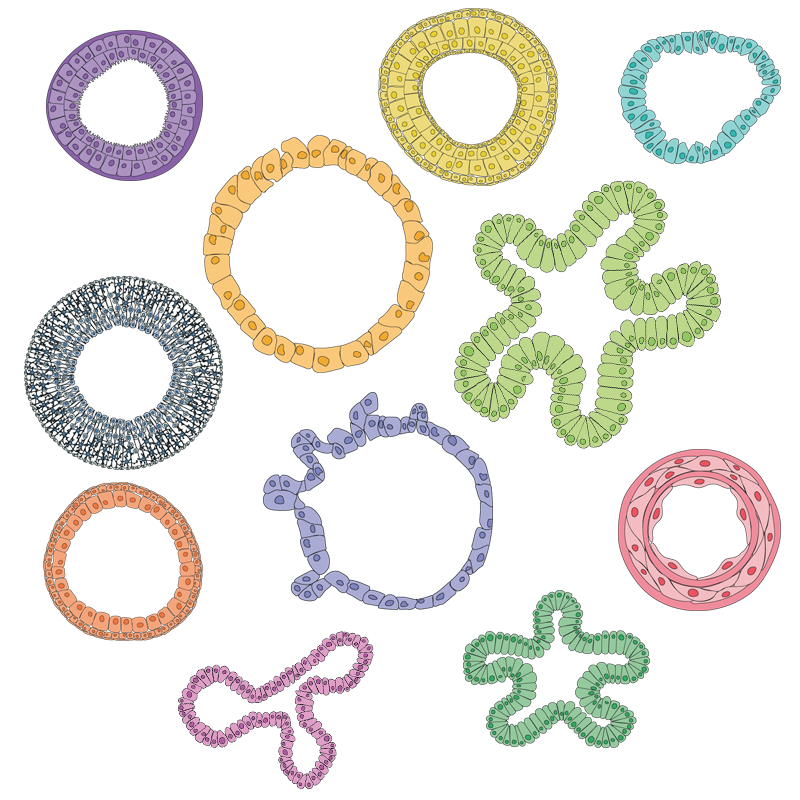
Recombinant human BMP-4 protein (Qk038)
Qkine bone morphogenetic protein 4 (BMP-4) protein produces consistently high bioactivity lot-to-lot.

Recombinant human EGF protein (Qk011)
Qkine human epidermal growth factor (EGF) is as biologically active as the comparable alternative supplier B protein.
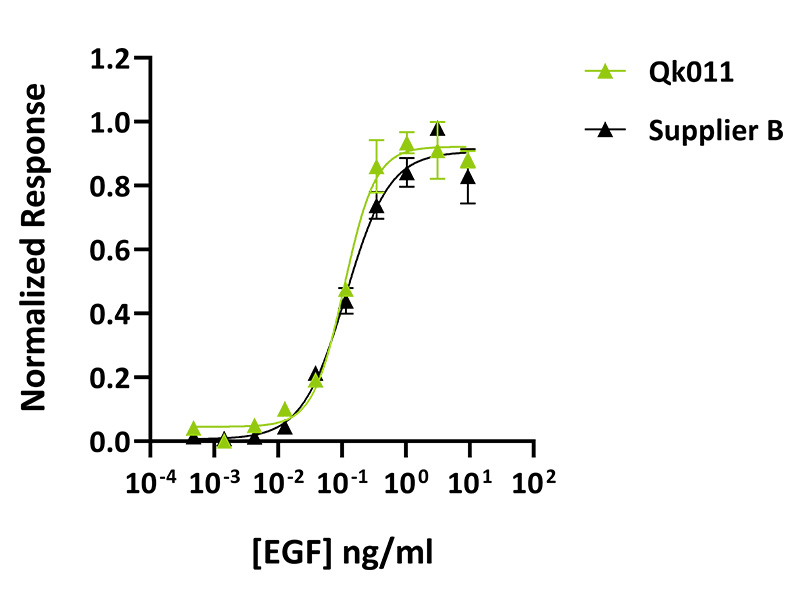
New Publications
α-Ketoglutarate promotes trophectoderm induction and maturation from naive human embryonic stem cells
Van Nerum et al, Nature Cell Biology, April 2025
Researchers determine the metabolic rewiring which occurs during induction of naive human embryonic stem cells towards the trophectoderm lineage. Highlighting that global metabolic rewiring can promote specificity in cell fate decisions through intricate regulation of signaling and chromatin.
Used Qkine LIF (Qk036), EGF (Qk011) and activin A (Qk001)
Inhibition of PRC2 enables self-renewal of blastoid-competent naive pluripotent stem cells from chimpanzee
Huang et al, Cell Stem Cell, April 2025
Researchers investigated the species-specific differences in self-renewal requirements and extraembryonic lineage potency. Chimpanzee naive pluripotent stem cells can transition to multilineage competence or can differentiate into trophectoderm and hypoblast, providing a higher primate comparative model for studying pluripotency and early embryogenesis.
Used Qkine LIF (Qk036), activin A (Qk001) and FGF-2 (Qk002)
All our growth factors are manufactured within a stringent quality framework, ensuring high-quality proteins that maintain robust, reproducible, and physiologically relevant stem cell and organoid cultures that adhere to our Nine-point Quality Commitment.
Upcoming Events
- Babraham Research Campus Supplier Day | 5 June 2025 | Babraham Research Campus, Cambridge, UK
- London gastrointestinal Organoid Network (LION) launch | 9 June 2025 | The Crick Institute, London, UK
- Microphysiological Systems (MPS) World Summit | 9-13 June 2025 | Brussels, Belgium
- Univeristy of Nottingham, Biodiscovery Institute | 17 June 2025 | Nottingham, UK
- BaCell 3D | 23-25 June 2025 | Basel, Switzerland
- CSCI Annual Retreat & Symposium | 26-27 June 2025 | Cambridge, UK
- Milner Therapeutics Symposium | 30 June 2025 | Cambridge, UK
- British Microcirculation and Vascular Biology Society | 3-4 July 2025 | Surrey, UK
We'd always love to meet you at any of events, contact support@qkine.com to make an appointment.
What’s next?
Qkine are committed to producing the most high quality and bioactive growth factors and cytokines, coming soon to our extensive portfolio:
- Recombinant human IL-18 protein (Qk100) - Expected May 2025
- Recombinant human IL-8 protein (Qk119) - Expected May 2025
- Recombinant human EPO protein (Qk099) - Expected May/June 2025
- Recombinant human TPO protein (Qk098) - Expected July 2025
If you wish to be notified when proteins are released, contact us customerservice@qkine.com